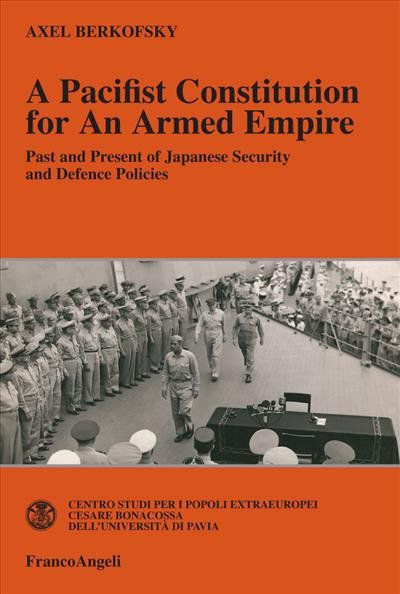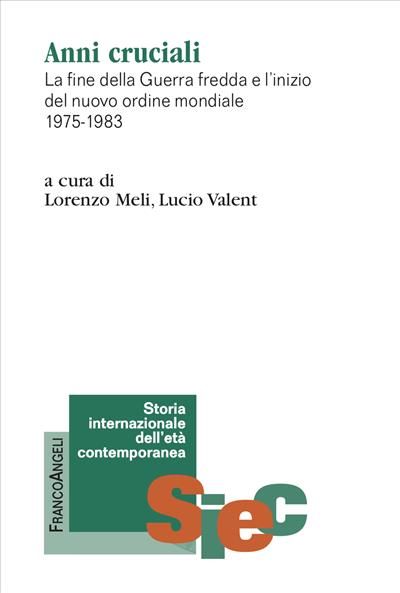
A Pacifist Constitution for an Armed Empire.
Past and Present of Japanese Security and Defence Policies
Japan is an officially pacifist country but does not have pacifist security and defence policies. Today’s Japan boasts ‘Self-Defence Forces’ equipped with an annual budget of 47 billion US dollars. To be sure, this is not what General Douglas MacArthur had in mind when, in 1945, he set out to transform Japan from imperialist and militarist into peace-loving and democratic...
Edizione a stampa
38,00
Edizione a stampa
38,00
Pagine: 320
ISBN: 9788856845044
Edizione: 1a edizione 2012
Codice editore: 238.24
Disponibilità: Buona
PDF con DRM
29,99
PDF con DRM
29,99
Pagine: 320
ISBN: 9788856872057
Edizione:1a edizione 2012
Codice editore: 238.24
Possibilità di stampa: No
Possibilità di copia: No
Possibilità di annotazione: Sì
Formato: PDF con DRM per Digital Editions




